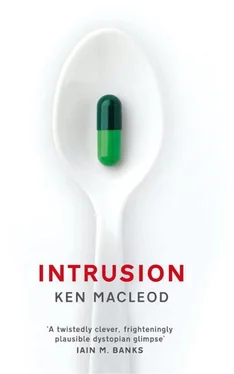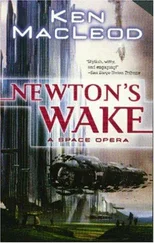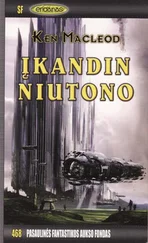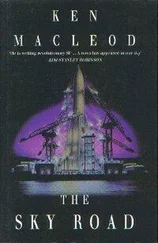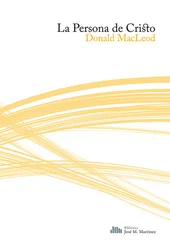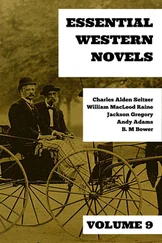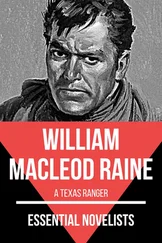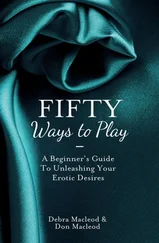His eyebrow twitched at that, and his gaze flickered to the cross on her neck, but he just nodded.
‘So,’ Geena went on, ‘this usually involves changing a mutant allele back to the wild type. But there are complications. You know about sickle-cell anaemia?’
‘Sure, that’s the one that’s bad for you in some ways but protects you from malaria. Does the fix leave that one in, then?’
‘Good grief, no! It’s a very painful condition, and it doesn’t have any advantages now even in Africa. But some young hotshot in the Lords who was on the committee that drafted all the amendments had had a smattering of biology education, and he was quite exercised on this point. A little knowledge is a dangerous thing, and all that. So he got a line or two stuck in that stated that a good medical reason for not taking – or more to the point, because it wasn’t compulsory then, not prescribing – the fix would be if you could show that your genome had a beneficial mutation.’
‘But how could you show that? How could you know?’
‘Well, exactly. In practice it would be vanishingly rare anyway. So after a bit of to-and-fro, their Lordships decided to let him have his way, assuming no doubt that this was’ – she smiled again – ‘the legislative equivalent of non-coding DNA. It’s certainly never been publicised, probably because they don’t want people coming up with nonsense claims about their beneficial mutations. Of course, people who would do that are the same people who’d in any case be exempt on the grounds of some wacky religion, so it all comes out in the wash.’
She cocked her head to one side and smiled at him, as if waiting for applause.
‘But you know this,’ he said, ‘because you learned it in sociology of science, or something?’
‘No, Mr Morrison. I actually found this out a couple of weeks ago, when I asked Maya to look for something like it in the Act and the administrative provisions. I just knew there had to be an allowance for rare but beneficial mutations. Well, I didn’t know, but I guessed. And the reason I was looking is’ – she flung out an arm, ta-da – ‘I found that you and your son have a possibly beneficial mutation.’
‘How did you find out?’
Geena looked uneasy. ‘Um, I ran some scanning programs on your genome sequences.’
‘I could figure that out for myself. You’re not supposed to do that, are you?’
‘Uh, no, but…’
‘What I mean is, how do you know it’s beneficial?’
Geena put her empty mug down on the trestle and began waving her arms around. ‘Well, the way syn bio works is they run sims of how a gene translates into a protein; you can actually see the exact cascade, and you can predict the properties of that protein.’
‘I know that, too,’ said Hugh. He did some hand-waving of his own, at the cornices. ‘New wood. I work with it. I read the specs.’
‘Of course. I should have known. Anyway. The mutation I found – there were lots, of course, everybody has some, but they were nearly all neutral, and anyway they were already well documented, but this one wasn’t in any of the databases. It’s in the genes for the retina. Specifically, the one for rhodopsin, that’s one of the rod-and-cone components. This gene results in a rhodopsin variant that has greater sensitivity to light, including outside the visible spectrum. So – how’s your night vision, Mr Morrison?’
Hugh shrugged. ‘Good, I suppose. Can’t say I’ve ever noticed any difference from other people’s, though.’
Geena smiled. ‘Like you said, it’s a hard problem. But there must be ways of objectively testing for that, and for other sensitivities – I suspect you may be able to see a bit into the ultraviolet, for example. In any case, you have a perfect get-out card to give your wife. She doesn’t have to take the fix, and she doesn’t need to plead conscience.’
‘But she doesn’t have the mutation.’
‘No, but you do, and your son does. Who’s to say the next baby won’t?’
‘Well, there’s one problem right there,’ said Hugh. ‘The chances are fifty-fifty the baby won’t have it, and I don’t see any way of proving it one way or the other without some kind of intrusive sampling, which I don’t think Hope would go for. In fact, you can take it from me, she wouldn’t. I think it’s her squick about that sort of thing that’s behind this whole objection she has to the fix.’
‘That doesn’t matter,’ said Geena. ‘The wording of the provision is quite clear. It just has to be one of the parents, and therefore a possibility in the offspring.’
Hugh took a couple of steps back and rubbed his eyebrows, eyes closed tight behind his hand. Patches of false colour swirled and exploded like fireworks, behind a fading after-image of the big bay window. He wondered how much, if anything, to admit. It was only a week since he’d told it all to Hope. He didn’t feel like going through it all again with a total stranger. Come to think of it, he hadn’t told Hope everything… Maybe he should have. He felt guilty about that.
Then another point struck him with such force that he blurted it out.
‘Wait a minute!’ he said. ‘The gene’s recessive!’
‘What?’ Geena shook her head. ‘I didn’t say that. It must be a dominant allele, if it’s not in one parent but still shows up in the child.’ She frowned. ‘Do you know about this gene already?’
Hugh felt like kicking himself. He covered his confusion with a sheepish grin.
‘Sorry, just a conclusion I jumped to. I was thinking about sight, and – ah, forget it.’
‘No, no,’ Geena insisted, leaning forward on the stool. ‘What?’
‘It’s… kind of embarrassing.’
Geena made a show of peering around, hand cupped behind her ear. ‘Nobody’s listening, Mr Morrison. Except me, and I’m a scientist.’
‘That’s just it,’ said Hugh. ‘That’s why it’s embarrassing. It’s about a… superstition. Well, a traditional belief.’
‘I can cope with hearing about traditional beliefs , Mr Morrison.’
‘Well… where I come from, in the Highlands, there’s a traditional belief in second sight. It covers what the old parapsychologists used to call remote viewing and precognition. Except it’s pretty much involuntary. Maybe other things too, like, uh, seeing ghosts or… or the like.’ Hugh grimaced. ‘Runs in families, but in odd patterns. Skips generations, that sort of thing. When I was a callow lad, I sort of figured that the patterns were like those for a recessive gene. That’s all.’
‘Are you telling me you have this second sight?’ Geena sounded excited.
‘Not exactly, no.’ He shrugged. ‘Just… a speculation, is all.’
Geena slid off the stool and stepped towards him. Eyes bright, the short black hair that framed her face all aquiver.
‘Have you had any experiences that this might help explain?’
Hugh backed away, towards the door. ‘No!’
He could hear the lie himself, in the vehemence of his denial.
‘Why don’t you want to talk about it?’
‘Well, you know, it’s all hearsay. Old wives’ tales. Village rumours. Playground tittle-tattle. And it can be very damaging.’
‘Damaging? How?’
This was the bit he hadn’t even told to Hope. He nerved himself to spit it out.
‘It can lead to accusations of witchcraft.’
‘Witchcraft?’ Geena laughed in his face.
His forearms came up and his hands clawed, as if to grab her shoulders and shake her.
‘This is no laughing matter, dammit!’
He was almost shouting. He stepped back at the same moment as she recoiled from him. He took a deep breath and let his arms hang down. She looked scared.
Читать дальше
